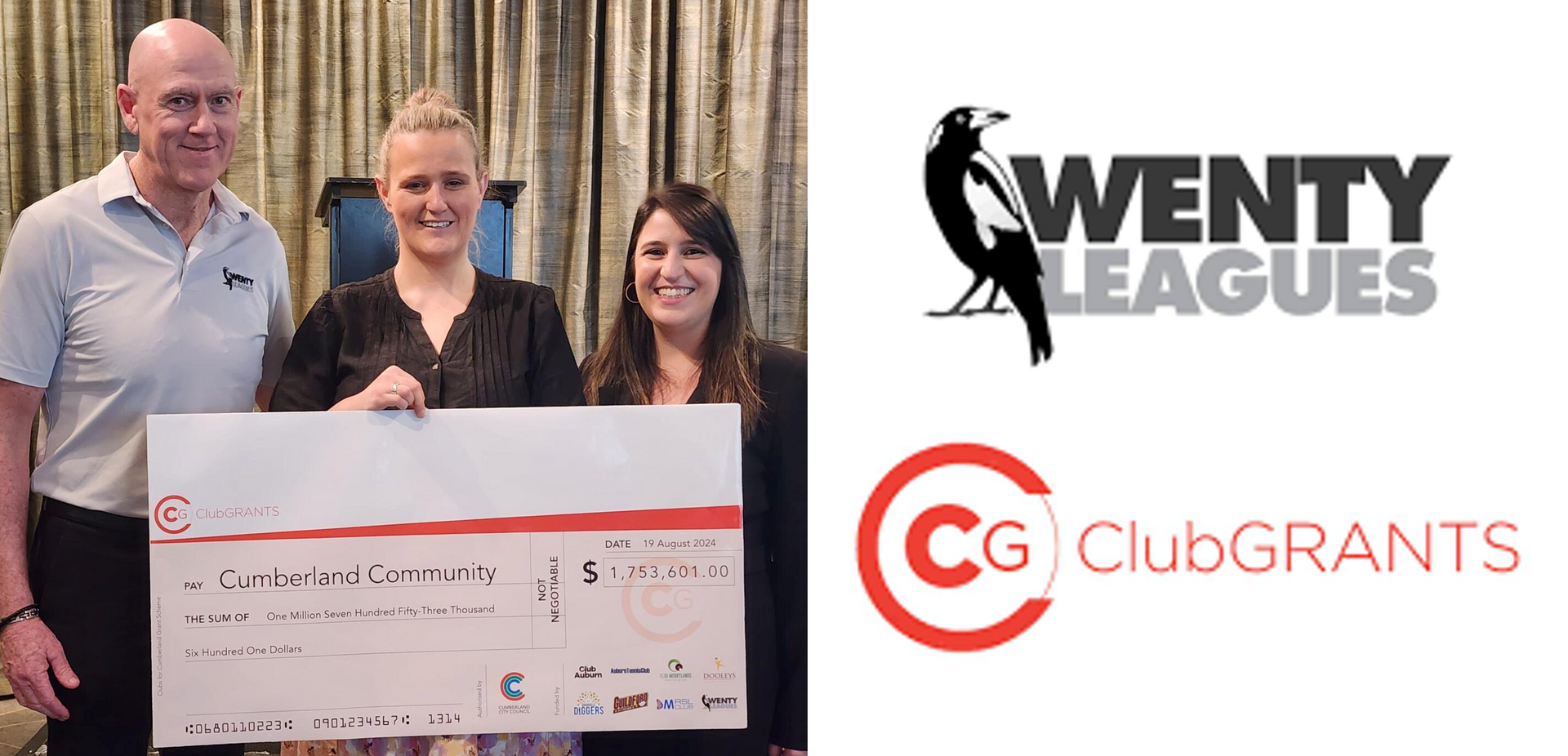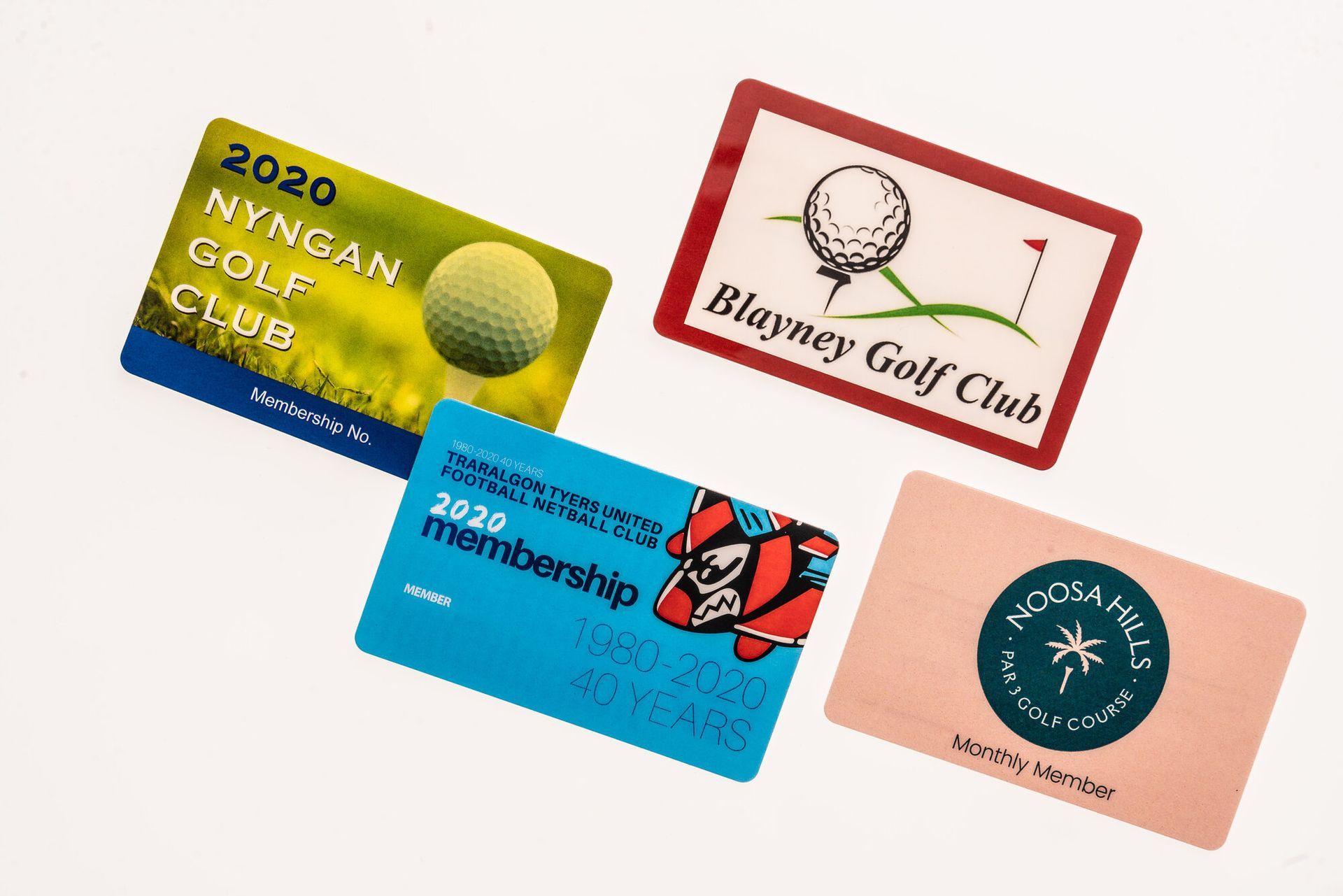Community Support – Clubs and pubs lend a helping hand
Support for the community by clubs and pubs is truly a great example of a symbiotic relationship.

Australia’s culture has been said to revolve around getting together for a drink and a feed with family and friends. This is the culture that drives communities to their clubs and pubs when home is not the chosen alternative to entertain.
I have stolen the well known line from Gettysburg Address about the American Government and amended it to describe (in particular) community clubs as Of the Community, By the Community and for the Community. Pubs too are important members of their communities, but as privately owned entities, can’t really be included in that description. Registered clubs are owned by the community, if ownership can really be ascribed to any party.
Support for the Community
Support for the community by clubs and pubs is truly a great example of a symbiotic relationship. Both parties rely on the other to survive, benefit and prosper. Simply put, when the community supports a club or pub, that organisation prospers and is then often (not always) in a position to return that support to the community.
The support mostly takes two forms – financial and non-financial (or in-kind) support. Registered clubs in NSW have a support structure, legislated through Sections 16, 17 and 17A of the Gaming Machine Tax Act 2001, commonly known as ClubGRANTS.
The ClubGRANTS scheme provides a tax relief opportunity to clubs to the amount of 2.25% of their gaming tax liability, in exchange for donating monies to that amount to community entities (organisations and individuals) that request support through the ClubGRANTS Online application platform. In this way, profits from the community enjoying recreational entertainment are returned to those in need in the community.
“The ClubGRANTS scheme was initially designed to ensure that larger registered clubs across NSW contributed to the provision of front-line services and to provide better outcomes for disadvantaged groups in their local communities. In 2022–23, the industry again contributed vastly greater funds than obligated. The overall figure of $121 million is $50 million greater than the “ClubGRANTS liability” that is legislated under the Gaming Machines Tax Act 2001.” (Extract from ClubGRANTS 2023 Contribution Report)
Many clubs, as noted in the Contribution Report above, donate above and beyond their legislated amounts, to provide support to many local sporting teams, charities and community support organisations, to ensure those organisations can continue to operate.

Pubs, whilst privately owned, recognise the need and also donate monies to their local organisations, without any legislative compulsion. Reputational benefit is a key part of the symbiotic relationship that pubs rely on to generate their profits, allowing them to donate.
“Member hotels donate more than $25 million per year to charitable, community and sporting organisations in NSW – supporting 19,000 groups – and contribute a further $20 million per year to charitable organisations “in kind”.”
(Extract from Who We Are on the AHANSW Website)
In-Kind Support
Clubs and pubs also provide a large amount of non-financial or In-Kind support to organisations in their communities. This can take the form of providing facilities for those organisations to hold meetings, training, entertainment and social events or sporting fixtures at no cost.
Community service organisations like Rotary, Apex, Lions, Probus, Zonta and the like meet regularly in clubs and pubs in their community, without charge for the meeting room or auditorium they use. This in-kind donation should of course be documented and accounted for in the club or pubs accounts, as this donation is an effective forfeiture of revenue, to the benefit of the organisation involved.
Other groups such as health and fitness organisations, mental health groups, domestic violence prevention and victims support groups, will also benefit of the donation of in-kind use of meeting rooms and event space.
Use of bowling greens, football fields, tennis and squash courts, basketball stadiums and swimming pools can also be provided at reduced or no cost, again providing non-financial benefit to the teams participating.
Clubs and pubs will also provide catering to groups when special events are held, at a subsidised cost or donated at no cost, depending on the circumstance of the event. Any form of cost reduction to groups who are raising funds for example translates into an In-Kind donation with a monetary value to the group being supported.
Savings can be as little as $150 room hire fee not charged or as much as $25 per head in catering supplied at no charge. For 100 meals that is the equivalent of a $2,500 donation to the cause.
Acquittal Reports
One key aspect in this day and age should be the requirement to provide a report to the club or pub donating cash or in-kind funds, on how the donated funds have been acquitted, by the community entity that benefits from that donation.
This provides a dual purpose benefit. The recipient organisation gets to showcase what they are doing in the community, validating the cash or in-kind support that they receive from the club or pub supporting them. For the donor entity, they can satisfy both their members or patrons and the accounting obligations to the Australian Tax Office (ATO) that they are actually providing genuine benefit to the community for their donations.
For accurate guidance on what clubs and pubs can claim as tax deductible donations (outside of the ClubGRANTS scheme) go to the ATO Website page on Gifts and Contributions.
There is no doubt that communities rely heavily on their local clubs and pubs to support those in need, but the community need to understand that they need to support their club or pub by visiting regularly and spending their money to provide that symbiotic support.
For more information on Community Support strategies contact Ron Browne, Managing Consultant, ron@extrapreneurservices.com.au 0414 633 423.









